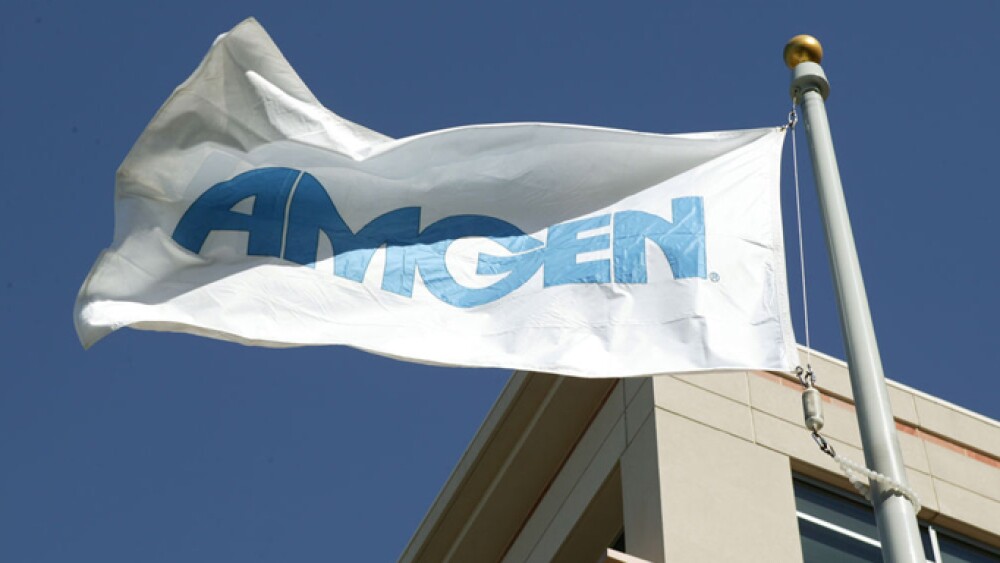May 9, 2017
By Alex Keown, BioSpace.com Breaking News Staff
ABERDEEN, Scotland – California-based Amgen may need a bigger boat. The company is eying the use of shark-inspired antibodies called soloMERs to go after two undisclosed intracellular targets.
To accomplish this, Amgen forged a deal with two companies, Scottish biotech company Elasmogen Ltd., which is focused on the development of next generation biologics, and Canada-based Feldan Therapeutics, which is focused on intracellular delivery of proteins. The collaborative deal with harness Feldan’s Shuttle platform and Elasmogen’s soloMER technology to develop the delivery system and binding domains. Elasmogen and Feldan have had a collaborative partnership since 2016. In the year since the two companies have been working together, research teams from the companies have demonstrated both intracellular and intranuclear delivery of soloMER binding domains, the companies said in a joint statement.
The Feldan Shuttle technology is a novel peptide-based delivery method that enables the highly efficient introduction of foreign proteins into cells. The platform has been used to transfer active nucleases and transcription factors inside several types of cells, the company said. Additionally, Feldan said preliminary results in rodents suggest that the Shuttle has a promising potential for in vivo applications.
Elasmogen’s soloMERs are the smallest naturally occurring binding domains, 9 percent the size of an antibody, the company said. soloMERs are proprietary humanized clinical candidates derived from VNARS (variable new-antigen receptors) which exist naturally in sharks as high affinity binding domains, according to Elasmogen.
“With a different ancestral origin from antibodies this example of 400 million year old convergent evolution places VNARs outside of the complex patent landscape that describes and protects antibody drug discovery,” Elasmogen said in a statement.
soloMERS are naturally robust, which makes them ideal for binding to intracellular targets, the company said. “This is an exciting opportunity to demonstrate the performance and capabilities of the combined Shuttle-soloMER technology. The expertise provided by Amgen will significantly accelerate the development of this potential new class of therapeutics,” Caroline Barelle, chief executive officer of Elasmogen, said in a statement.
In an interview with LaBiotech, a European media group, Barelle said the soloMERS are highly stable, can survive extreme PH and temperatures and still bind their target. Additionally, soloMERs can be delivered into the nucleus of a cell, which she said is difficult to do, according to the LaBiotech report. Additionally, Barelle told LaBiotech that soloMERS can be delivered through the eye, unlike traditional antibodies. They do not require injections. Barelle speculated they can take the theory into the clinic within the next two years.
François-Thomas Michaud, CEO, Feldan Therapeutics, said all approved biologic antibody therapeutics act on extracellular targets. He said intracellular delivery will enable access to a greater number of targets. By developing intracellular delivery of biologics, they can “bridge the gap between small molecules and biologics.”





